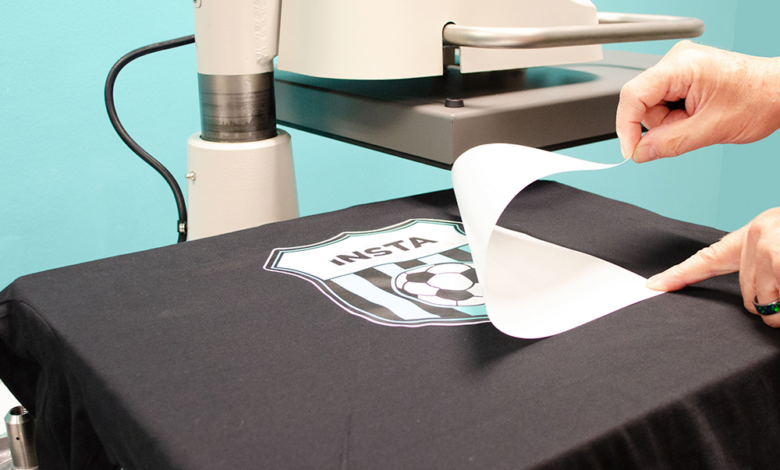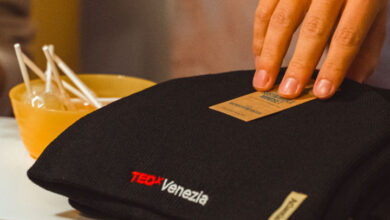When looking for a heat press, there are a number of questions and points to consider. It can be a big investment especially if you’re just starting out or are a smaller business. However, if you perform your due diligence, a quality heat press can provide you with a source of income for years — or even decades — to come.
Size
The first thing to consider is the size of heat press you need. This comes down to the types of substrates you’ll be customizing and your personal preferences. For customizing certain substrates, like baseball caps, your options get narrowed down pretty quickly. For other products, it might depend completely on the portion of that product you’re customizing or how many of them you are customizing at once.

For example, shirts can be customized using a heat press for the back neck label, the sleeve, a small chest logo, or a full shirt graphic on the front. Or you might be printing on 20 socks at once, in which case a large-format heat press could fit your needs. The main thing to consider here will be the size and shape of the platens. You want something that’s big enough for the largest prints you plan on performing with at least an inch to spare. If you’re planning to customize numerous products, you want a heat press that has a quick-change interchangeable lower platen, you can buy accessory platens of different sizes and shapes.
Customization
Next, you’ll want to think about the type of customization you are doing. The amount of heat and pressure needed will vary based on the transfers you’re using. For example, sublimation transfers need different settings than what a traditional, screen printed transfer needs. In order to offer versatility to your business and also ensure your press lasts for years to come, it’s best to get a press that far exceeds your heat and pressure needs. That way, you aren’t maxing out the machine’s settings each time you press. If your transfer of choice calls for a maximum of 50 PSI and 350 F, then purchase a machine that provides 100 PSI and 450 F.
Volume
Another factor in choosing your press will be the volume of customizations you are projecting. If you’re planning to perform a couple hundred presses or less per day, a manual press is probably great for your needs. If you are worried about the physical exertion needed to operate a manual press, or you are doing a higher volume, an automatic heat press is what you’ll want. Automatic heat presses run off of compressed air, so make sure you factor an air compressor into your budget and the space for your setup.
Quality
The final and most important factor to consider in a heat press is quality. A quality heat press will provide accurate, even heat and pressure across the entire platen consistently. This ensures your transfers are applied under the best circumstances and that your final product meets the highest standards possible. A quality heat press should also be able to last for years to come. If you perform preventative maintenance and regularly service a quality machine, it should have the ability to last 20+ years!




